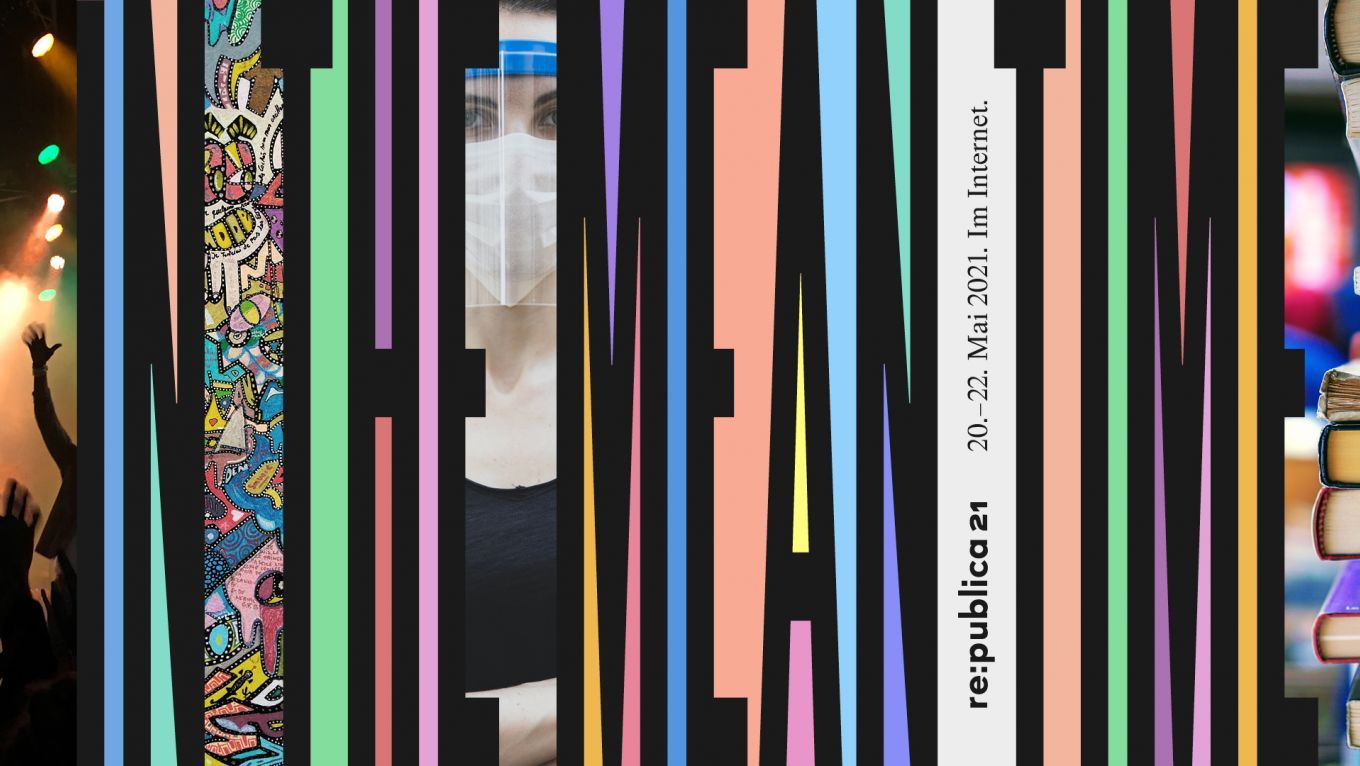Politics
Data is Human Life
Healthcare is rapidly becoming digital and artificial intelligence is the engine that understands the data relationships of our aggregated data. These data discoveries are bridging the gap between the known and the unknown. Over time, this will help us understand the mechanisms of disease, giving humanity the opportunity to create a world free of disease for us all.
The digitisation of healthcare is transforming our public health systems at a rapid pace, and we humans produce 95% of the digital health universe, yet the largest and most valuable data sets are owned by large tech companies, and the knowledge gained is privatised and protected by intellectual property. It’s a system designed for inequality. When the first digital business models emerged two decades ago, no one had the commercialisation of private medical data in mind. Data capitalisation contradicts the idea that the results of data processing are a naturally occurring form of societal knowledge and not a commercially motivated form of extraction that promotes economic and governmental special interests. What does this mean for the future of health care? Bart de Witte from the Hippo AI Foundation and Prof. Nick Couldry from the London School of Economics have an deep conversation about possible future power asymmetries between digital data-driven platforms and their users. Will the current data economy in healthcare pave the way for a new stage of capitalism, the outlines of which we can only partially see: the capitalisation of life without borders? Or are our initiatives like Bart de Witte's Hippo AI Foundation, which focus on building data and AI commons to create a radically open ecosystem, a solution? Bart and Nick agree, that only by changing our perspective on how we look at data will we understand that to maximise the benefits of AI in healthcare; we need to equate data with human life and stop the current datacolonialism of the human body.
Additional information
| Topic | open tech & design summit |
|---|---|
| Type | In Conversation With |
| Language | English |
More sessions
| 5/20/21 |
GIG is proud to have accompanied re:publica along half the way of its journey and in this session three GIG members will say Happy Birthday and share how the event has impacted their work
|
| 5/20/21 |
Initiated in 2015, the project Open Source Estrogen started with a simple question: What if it was possible to synthesize estrogen in the kitchen?
|
| 5/20/21 |
Careables are accessible, adjustable and shareable solutions designed thanks to digital technologies, such as 3D printers and laser cutters, for permanent or temporary disabilities.
|
| 5/20/21 |
3D printing was expected to revolutionize the way we make (almost) everything. Where did the hope and promises of the digital manufacturing movement go?
|
| 5/20/21 |
Democratizing Science with Open Source Tools
|
| 5/20/21 |
In this talk I will be unpacking notions of Resilience and how humanitarian technologies contribute to dystopian futures for refugees.
|
| 5/20/21 |
In this session Tarek Omar will present Senet Lab - a new remote control lab environment for engineering and science education by Cairo Hackersapce!
|

